| New Apple CarPlay sets up dashboard showdown |
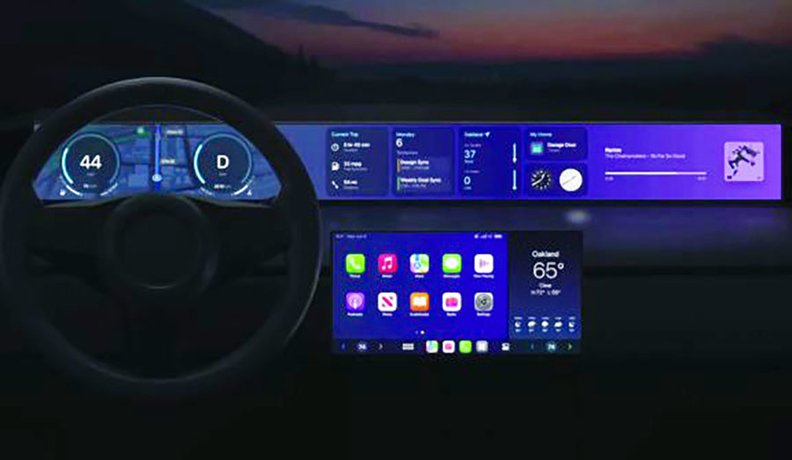
Automakers have long struggled at infotainment, MyFord Touch being a prime example from the previous decade. So when Apple CarPlay and Google’s Android Auto debuted in 2014, they put most automakers’ infotainment systems to shame.
The features replicate their respective smartphone apps for phoning, messaging, navigation and more on a car’s in-dash screen. And they also include third-party apps such as Waze, Pandora and others that are controlled the via a car’s touchscreen and voice control.
Because CarPlay and Android Auto are uniform across all vehicles, automakers lose any brand differentiation on in-dash displays. And perhaps more importantly, data from, say, a navigation search or Pandora playlist go to the tech giants, not automakers.
Early on German automakers Audi, Mercedes-Benz and Volkswagen expressed concerns about Apple’s incursion into the dashboard. Toyota even resisted adding CarPlay and Android Auto until 2018. But they all eventually capitulated due to consumer demand and competitive issues.
Fast forward to June: Apple unveiled a new version of CarPlay at its Worldwide Developer Conference that takes control of every screen in a car — replacing even more user interfaces and controls — and accesses additional vehicle and driver data.
Apple said in a video presentation at the Worldwide Developer Conference that it’s “working with automakers around the world” to implement the new version of CarPlay. The video displayed 14 major car company logos and Apple said the new version would be available in vehicles starting late next year.
The car companies that responded to Automotive News queries — General Motors, Hyundai and Mercedes-Benz — all replied with a variation of “no comment.”
Since 98 percent of new vehicles now come with CarPlay, Apple has incredible leverage over automakers. With Fortune Business Insights predicting that the global connected car market will grow from nearly $60 billion in 2021 to more than $190 billion in 2028, the new version of CarPlay sets up big-dollar battleground between Apple and automakers.
The conundrum of automakers — needing to offer new tech to compete, but upsetting consumers when the execution isn’t perfect — was captured in a J.D. Power study released last week.
Google has already moved deeper into the dashboard with General Motors, Volvo/Polestar, Nissan and others implementing its Android Automotive Operating System (not to be confused with Android Auto, which works more like CarPlay). Android Automotive is an agnostic automotive operating system that lets automakers build their own systems and restrict or allow anything to run on it — and collect and control vehicle data.
But it also supports Apple CarPlay, because customers demand it.
 |
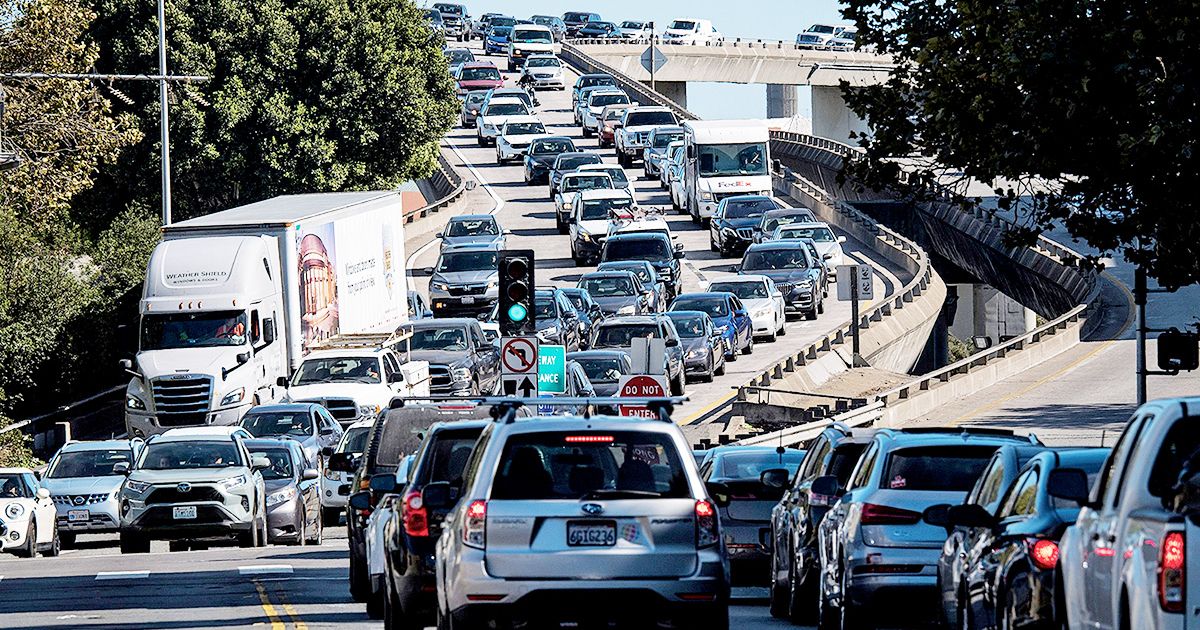
 |
In Monday’s Automotive News:
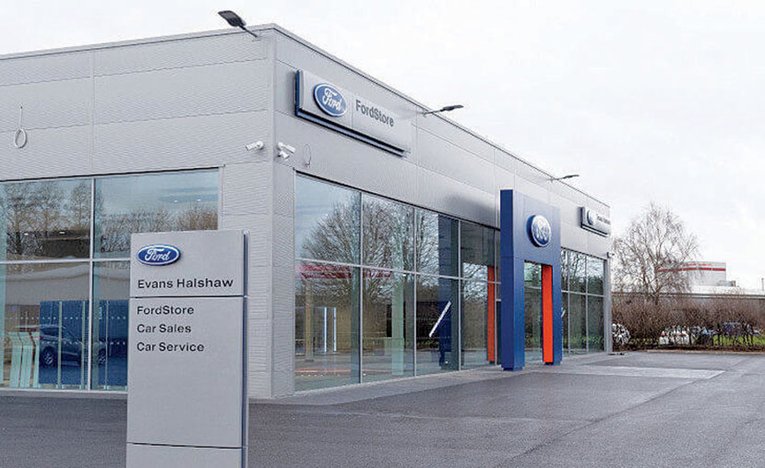
Will Lithia expand into the UK? A Sky News report this month named Lithia as the unidentified bidder in a failed deal to buy Pendragon, one of the largest auto retailers in the U.K. Pendragon, in an Aug. 5 regulatory filing, said a “large international corporate” presented “a board-approved non-binding offer” for the dealership group that was later withdrawn. The bid was valued at $558.35 million, according to a Reuters report. Neither side is confirming, but news of the failed deal points to just how serious Lithia, the second-largest U.S. dealership group in 2021 but the nation’s top retailer of new vehicles through this year’s first half, may be about spreading its footprint overseas.
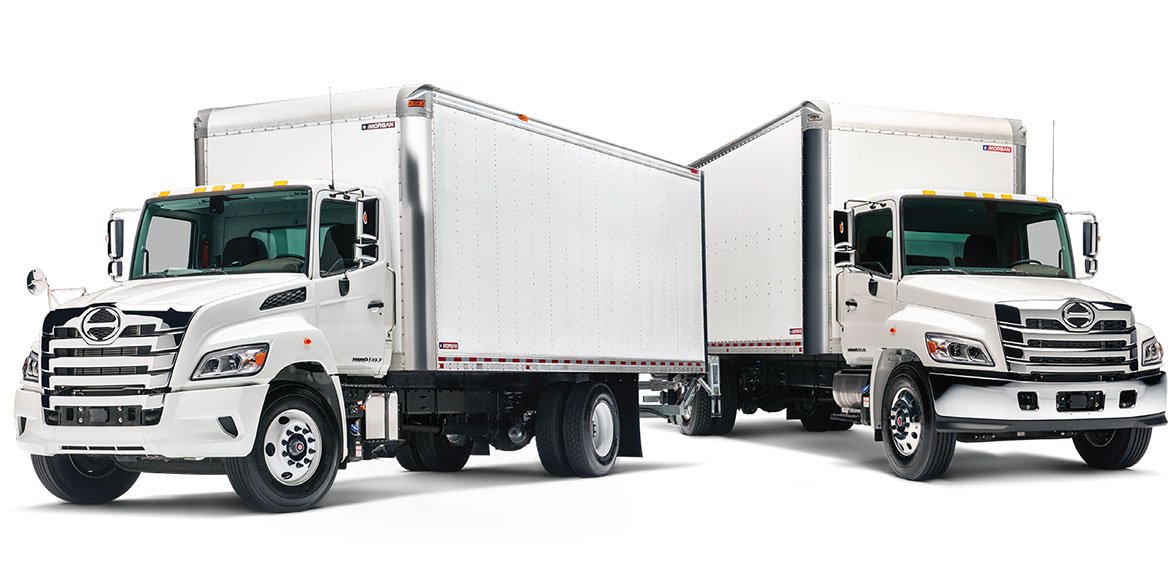
Toyota’s emissions headaches: Toyota and its president, Akio Toyoda, have spent much of the past year battling criticism that the company is dragging its feet on electric vehicles. Now Toyota has a new emissions-related headache: Hino Motors, the manufacturer’s truck-making subsidiary, is wrapped up in an emissions and fuel efficiency falsification scandal dating back to 2003. Hino employees fudged tests on engines used in 643,635 vehicles over the years, with 66,817 of the trucks now subject to recall. The misconduct surfaced in March and snowballed last week when Hino said new problems were discovered while testing a light-duty engine, after earlier revelations in other power plants. The problem is driving a wedge between Hino and Toyota, which is the truck maker’s biggest shareholder with a 50.1 percent stake. Last week, Toyoda issued a stinging rebuke of Hino, while other Toyota executives cast doubt on the partnership’s value.
Weekend headlines:
Nissan will ax the Rogue Sport: Production of the Rogue Sport will end in December, Nissan told dealers in a memo obtained by Automotive News. “With the all-new Rogue and recently redesigned Kicks, we will continue to cover this part of [the] market effectively,” Nissan Vice President Scott Shirley noted in the memo.
Lucid hires former Apple exec: Lucid Motors has appointed a former Apple Inc. executive, Derrick Carty, as vice president of platform software engineering amid a slow rollout of key software features on the EV startup’s Air sedan.
 |
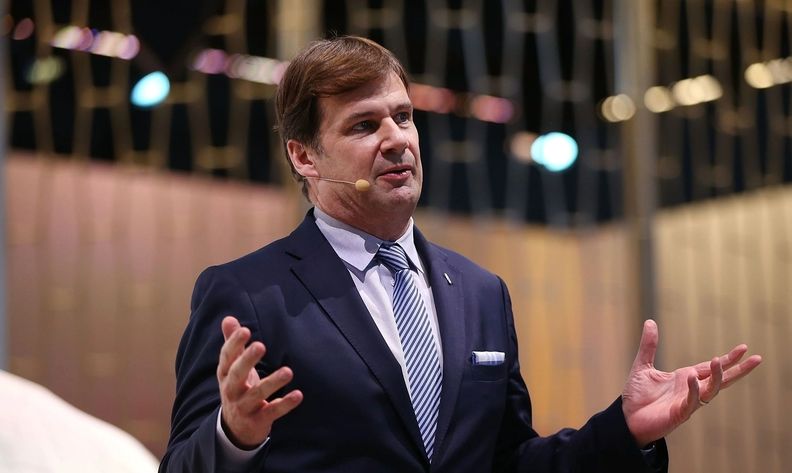
Ford job cuts: Ford plans to eliminate 3,000 jobs globally, cutting 2,000 salaried positions and 1,000 agency jobs. Affected employees are in the U.S., Canada and India and work in both the automaker’s Ford Blue and Model e divisions.
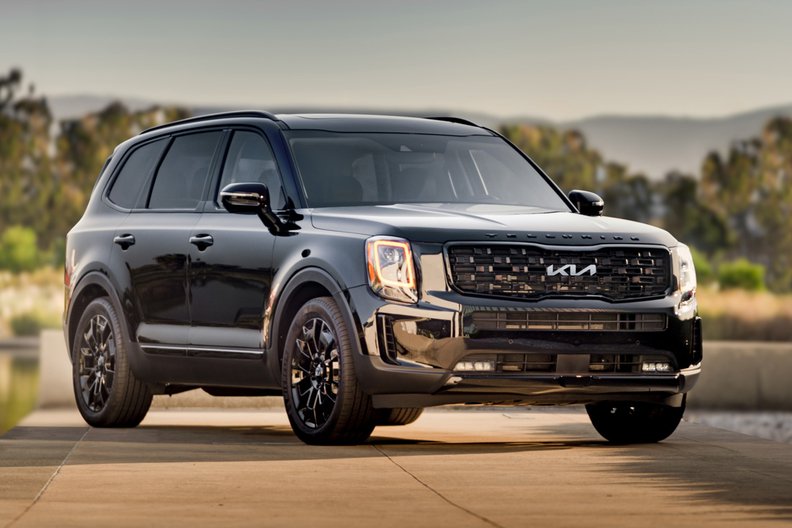
Hyundai, Kia recall: More than 280,000 Hyundai Palisades and Kia Tellurides are being recalled because of an issue with the tow hitch harness that may lead to a fire while parked or driving. The two automakers are advising customers to park the affected large crossovers outside and away from structures until repairs are complete. The recall covers about 245,030 Hyundai Palisades in the U.S. and 39,280 Kia Tellurides in the U.S. and Canada, both from the 2020-22 model years.
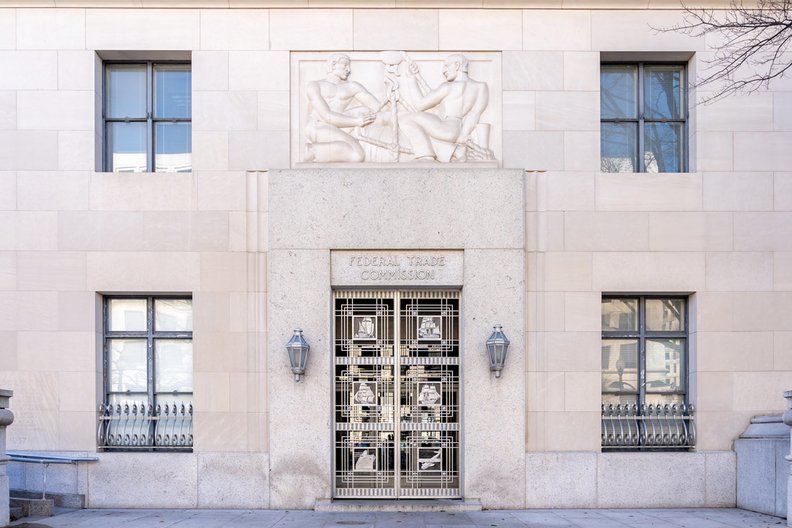
FTC rejects extended comment time: The Federal Trade Commission refused to extend the public comment period on its proposed auto dealer regulations despite requests from the National Automobile Dealers Association and other trade groups for more time. NADA CEO Mike Stanton said the FTC’s refusal “further displays an unnecessary and misguided rush to judgment in this matter.”
 |
|
|---|
 |
 |
 |
Aug. 29, 2013: Carlos Tavares stepped down as Renault COO, two weeks after telling Bloomberg in an interview that he wanted to become CEO at an automaker. His point was simple: being just four years younger than Renault CEO Carlos Ghosn, the “other” Carlos needed another automaker to fulfill his dream of becoming his own boss. (And he quickly found it, without even having to move out of Paris. By January 2014, he had joined archrival PSA.)

